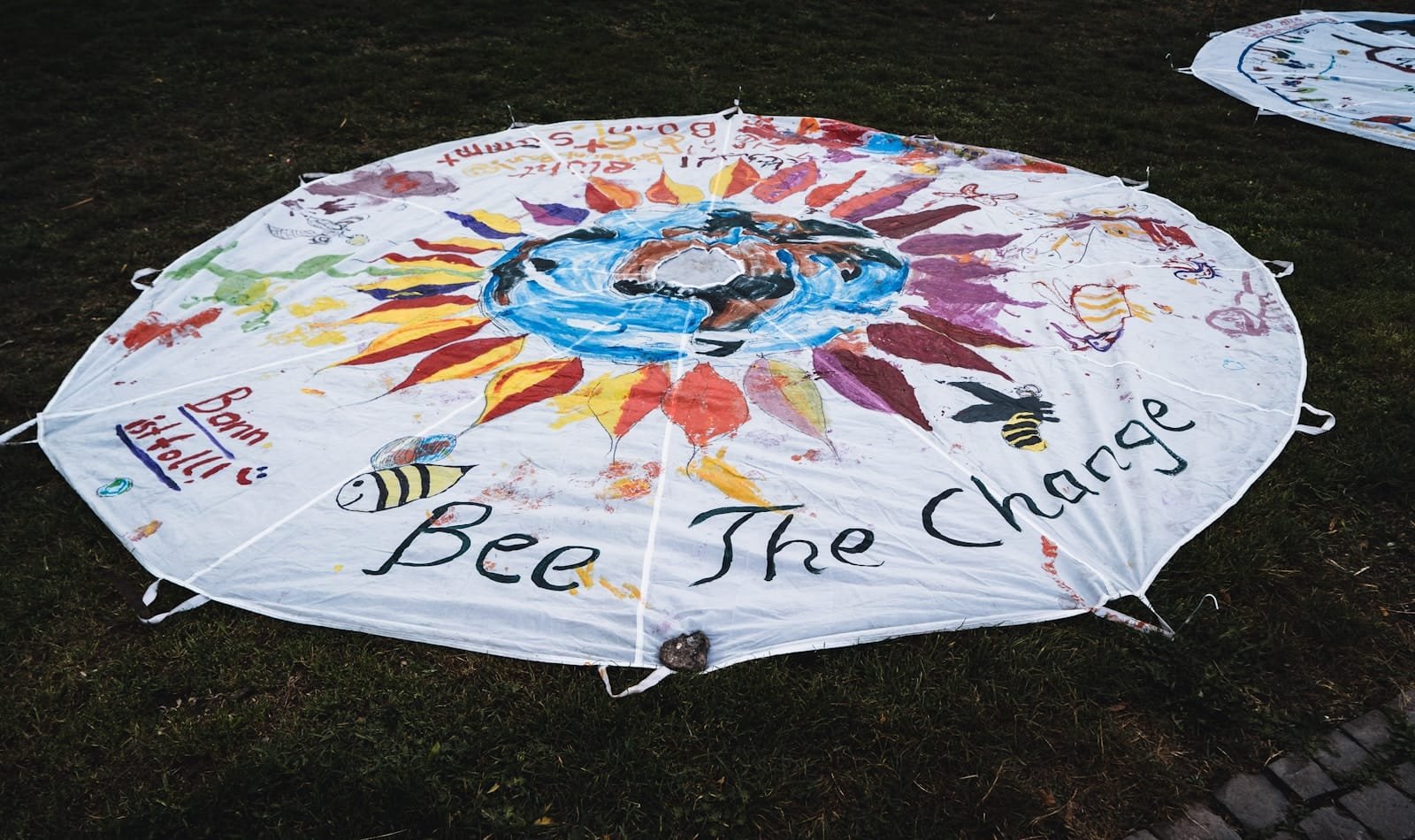Beginner’s Climate Advocacy

Beginner’s Climate Advocacy
Advocacy on behalf of climate change can take many forms and can be used in many ways.
When it comes to climate advocacy, many assume it’s limited to protests and political activism.
But advocacy isn’t just about marching in the streets—it’s about using your voice, choices, and influence to push for a sustainable future. There are countless ways to advocate for the planet. From personal decisions to global action,
One of the simplest but most powerful forms of advocacy is how we live our daily lives. Every choice we make—what we buy, what we eat, how we travel — sends a message about the world we want to create.
1. Personal Advocacy: Leading by Example
Vote With Your Wallet
Support businesses that prioritize sustainability, ethical labour, and transparency. Avoid companies with harmful environmental practices.
Reduce Your Own Carbon Footprint
Opt for renewable energy, drive less, waste less, and embrace a minimalist, low-impact lifestyle.
Talk About It
Normalize sustainability in conversations. Discussing climate-friendly habits can inspire others. Whether with friends, family, or coworkers,
•Use Social Media Wisely – Share articles, petitions, and tips. Even a single post can introduce new ideas to people in your network.
2. Community-Level Advocacy: Strength in Numbers
Change often starts at the local level, where individuals can have a direct impact.
Engage in Local Politics
Attend town hall meetings, ask leaders about environmental policies, and support candidates with strong climate platforms.
Join or Start a Community Group
Whether it’s a neighbourhood composting initiative or a local clean-up crew, grassroots efforts can drive real change.
Work with Schools and Businesses -Advocate for climate education
In schools and sustainability initiatives in workplaces. Even simple changes, like reducing plastic use in offices, can make a difference.
3. Political and Legal Advocacy: Holding Leaders Accountable
For large-scale impact, advocating for policy changes is crucial.
Write to Your Representatives
Politicians respond to public pressure. Email, call, or meet with local and national leaders to push for stronger climate policies.
Support Climate Legislation
Stay informed about environmental bills and initiatives, and encourage others to support them.
Sign Petitions
Online petitions can put pressure on governments and corporations. Every signature adds weight to the cause. Sign or start online petitions on sites like Change.org
Join Climate Organizations
Groups like Greenpeace, 350.org, and the Sierra Club fight for policies that protect the environment. Becoming a member strengthens their advocacy efforts.
4. Global Advocacy: A Collective Voice

Climate change is a worldwide issue, and international advocacy efforts help push systemic change.
Support Global Movements
Participate in worldwide climate strikes, sign international petitions, and stay informed about global climate negotiations.
Engage With Corporations
Many companies respond to public pressure. Sending emails, boycotting harmful brands, or investing in sustainable stocks can influence business decisions.
Raise Awareness Beyond Borders
Climate justice is also about equity. Supporting communities most affected by climate change—often in developing nations—ensures that solutions are fair and inclusive.
The Power of Advocacy
Advocacy on behalf of the Climate takes many forms. Each effort—big or small—contributes to the larger fight for a sustainable future.
The key is to start where you can, use your strengths, and inspire others to do the same. Because when enough voices rise together, change becomes inevitable.
What’s your next step?
More on Advocacy – Mothers on a Mission
